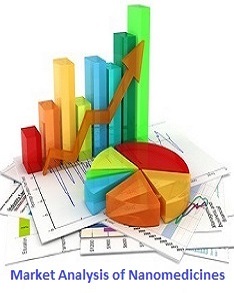
Sabrina Gioria
JRC- European Commission, Directorate F – Health, Consumers and Reference Materials, Italy
Title: Nano medical products: Challenges, considerations and strategies
Biography
Biography: Sabrina Gioria
Abstract
The rapid progress in the field of medical products involving nanotechnology makes the development of a coherent approach for their regulation a challenge. Robust and validated measurement methods are needed to allow informed regulatory decisions on their safety. Identifying critical physicochemical parameter that can have an impact on the products' quality and safety is extremely important. In particular, stability, size (-distribution), free vs. encapsulated drug content were considered as key parameters contributing to the biodistribution, pharmacokinetics (PK) and toxicity of nanoformulated drugs. Other parameters with an influence on the biological system are surface charge, surface chemistry, solubility and partition properties. Case studies of advanced methods for size-distribution, drug loading and drug-release in order to provide robust methods applicable to nanoproducts will be provided. In vitro toxicity testing is also an integral part for the identification of the hazardous potential of nano medical products in the early phase of their development. In vitro methods can provide initial insights of the toxic potential of e.g. a drug candidate at low costs and in a short timeframe. However, a caveat for the application of existing and highly standardized in vitro test methods for nanomedicine assessment is the interference of test reagents with the nanomaterial which can lead to false predictions of the assay. Here we address the pitfalls of existing toxicity testing when applied to nanomaterials and suggest alternatives. Progress in method development is essential to foster necessary standards that will support a harmonised regulation of nanomaterial-containing products. JRC scientific knowledge, technical competences and advanced instrumentation in the characterization of nanomaterials will be soon accessible to academia, public and industrial laboratories based within EU Member States and H2020 associated countries through the JRC Open Nano-Lab activities.

